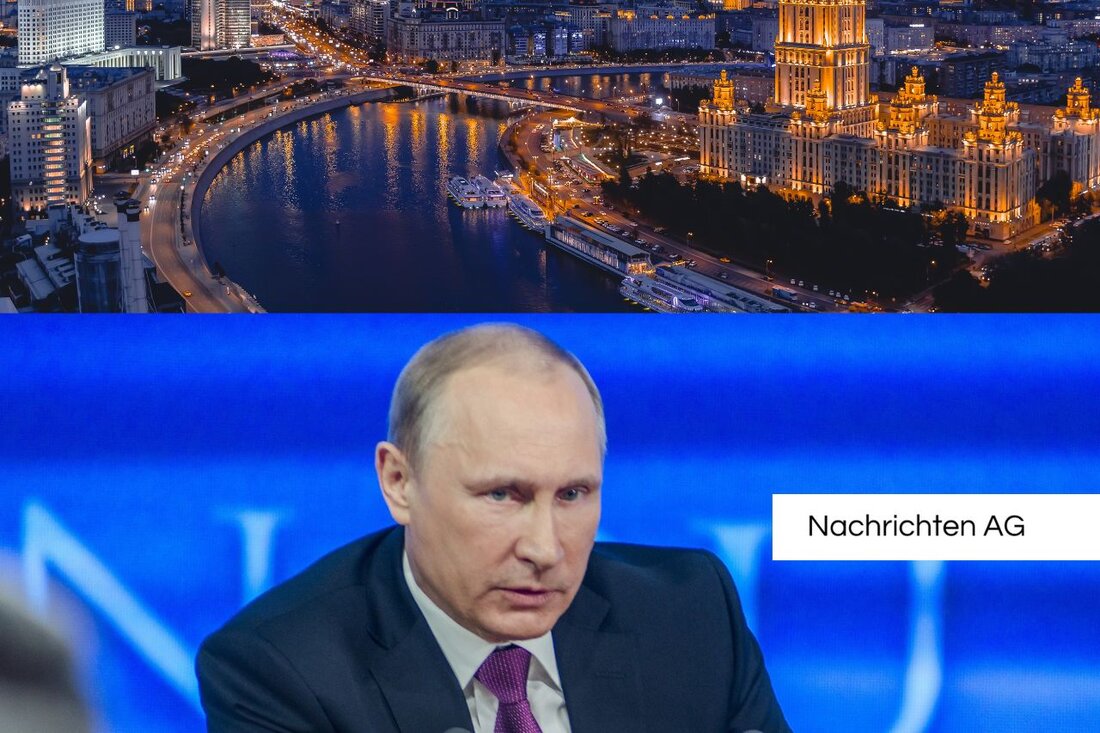Europe in view: Committee meets in Genshagen on the Weimar Triangle!
On July 8, 2025, the Committee for European Affairs will meet in Genshagen to discuss the work of the Weimar Triangle and future projects.

Europe in view: Committee meets in Genshagen on the Weimar Triangle!
Things will be exciting in Genshagen next Thursday, July 10, 2025. The Committee for European Affairs and Development Policy meets at 10 a.m. in the Genshagen Foundation. Since its founding in 1991, the Weimar Triangle – consisting of Germany, France and Poland – has always played a central role in European politics and this meeting promises fresh impetus for trilateral cooperation. The location of the meeting, the Genshagen Foundation, is located at Am Schloss 1 in Ludwigsfelde and is known for its work in European dialogue.
The meeting is open to the public, although interested parties must register their participation with the committee secretariat by the day before. It is unfortunate that there is no live stream on the state parliament website. The speakers include Dr. Martin Koopmann, the executive board member, and Stephen Bastos, project manager in the foundation’s “European Dialogue – Thinking Europe Politically” area. The focus of the session will be on the foundation's work in the context of the Weimar Triangle as well as future projects that are important for Brandenburg. Brandenburg State Parliament reports on the relevance of these topics.
The meaning of the Weimar Triangle
Anyone who takes a closer look at the Weimar Triangle will recognize its far-reaching significance for Europe. The initiative was launched with the aim of integrating Poland and the new democracies of Central and Eastern Europe into the EU. On February 7, 2011, heads of state and government Angela Merkel (Germany), Nicolas Sarkozy (France) and Bronisław Komorowski (Poland) met in Warsaw, where new approaches to a common security and defense policy were discussed. This is part of the strategy to strengthen cooperation in important subject areas such as economic and climate policy, as the Genshagen Foundation states in its “Genshagen Papers”. There, experts such as Gabriele Lesser and Marek Ostrowski express their views on the relevance and future of the Weimar Triangle Stiftung Genshagen.
The political landscape has changed significantly in recent years. After the EU's eastward expansion, the need for a restructured European Union is clear - it is emphasized that there is an urgent need to combine the political approaches of Germany, France and Poland in the EU's eastern policy. Engineer of the Genshagen Papers describes the Weimar Triangle as a kind of “gateway to the East” for France, giving new impetus to exchanges with the EU's eastern neighbors, especially Russia.
Current developments and outlook
The relevance of the Weimar Triangle is also clear in the latest developments. Joint consultations between members of the German Bundestag and their counterparts from France and Poland are planned for November 24th and 25th, 2024 in Berlin. The topics will be diverse, from support for Ukraine to the future security and defense policy of the EU Bundestag. A unified approach is seen as necessary to address the EU's growing responsibility in current geopolitical crises.
With a clear view of the challenges of the future, the Weimar Triangle remains an essential player in the European context. The upcoming meeting in Genshagen could be the start of many new collaborations and projects in the region. Excitement and curiosity are in the air – not only for the decision-makers, but also for everyone interested in European politics.

 Suche
Suche
 Mein Konto
Mein Konto